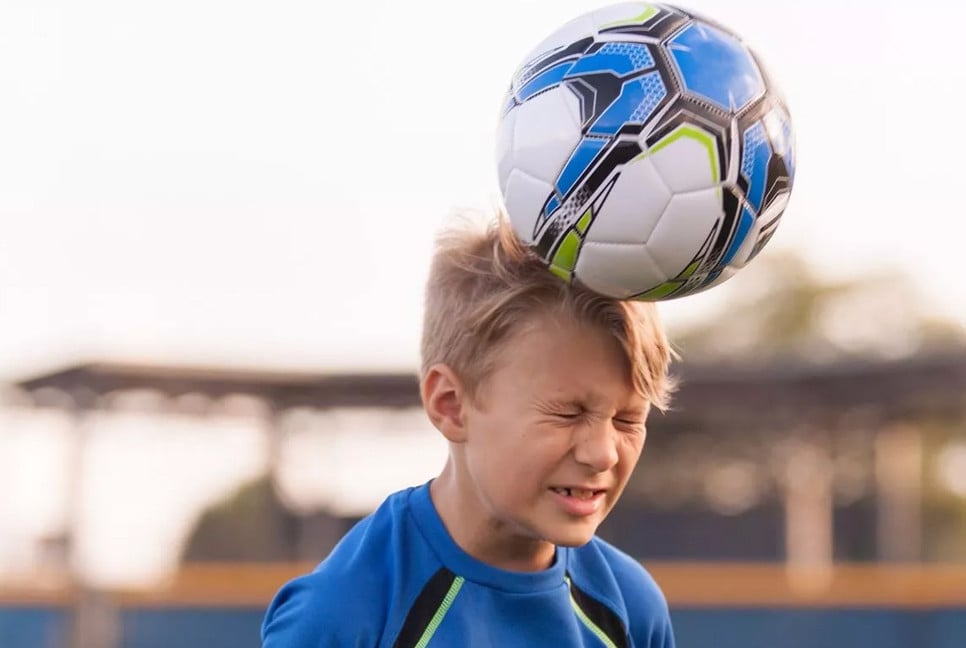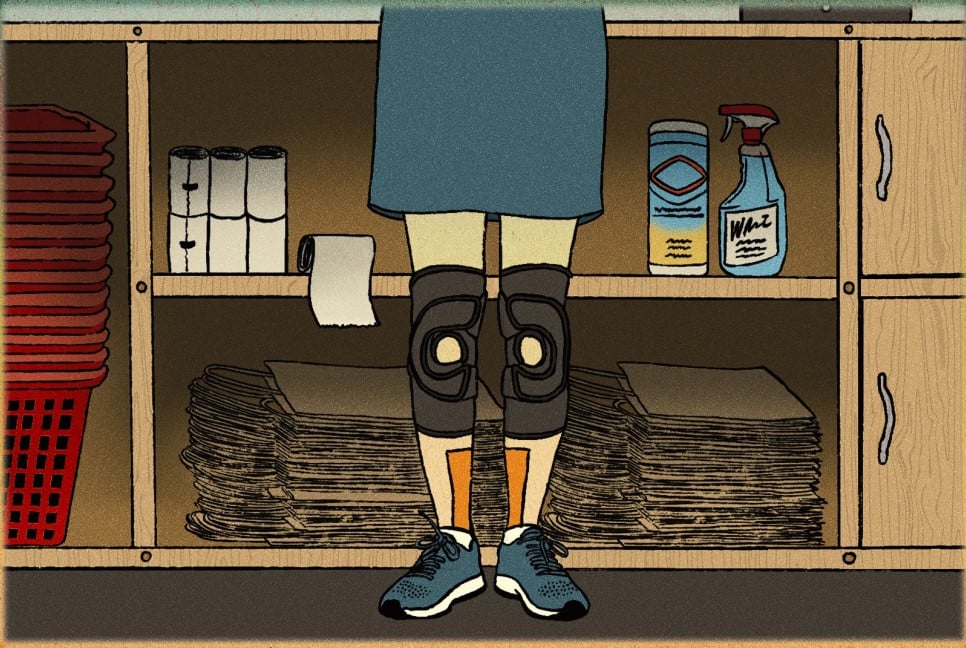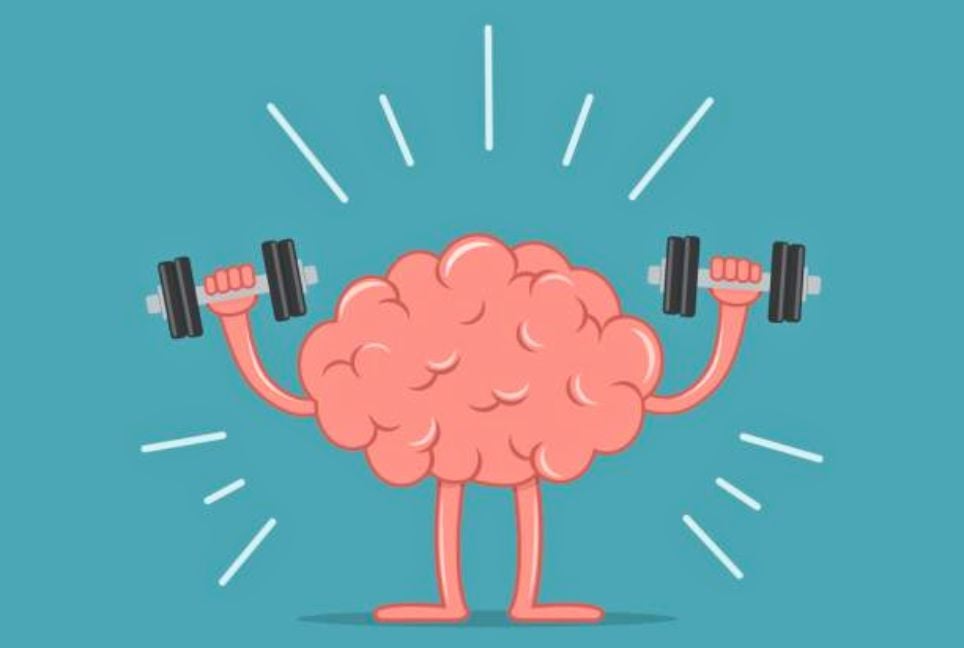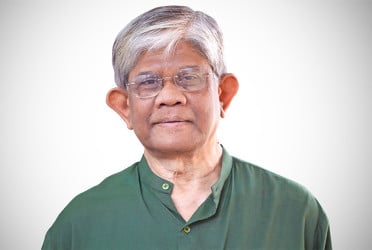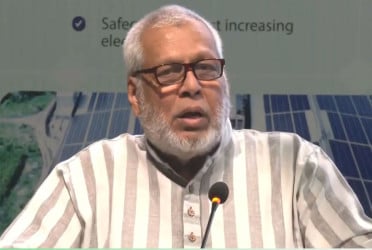A new study found no proof that footballers' high risk of dementia is related to their health or lifestyle. It suggests that heading footballs may be causing brain injuries instead, reports BBC.
The study was led by Professor Willie Stewart from Glasgow University, who five years ago found that footballers were 3.5 times more likely to die from a brain disease than the general population.
Professor Stewart said, "Our data indicates that the higher rates of neurodegenerative disease in former professional footballers are not caused by common health and lifestyle factors that are known to increase dementia risk."
"Previously, we thought head injuries and impacts in sports were the biggest risks, but we weren't certain if factors like alcohol, smoking, diabetes, or blood pressure played a role. Now, after reviewing the data, we know that these other factors don't seem to contribute to the dementia risk."
A group of families, including those of the late 1966 World Cup champion Nobby Stiles, is suing football authorities, claiming that repeated head impacts from the ball have caused brain injuries.
Two former Premier League players, Gary Pallister and Steve Howey, shared their health concerns with BBC Sport after years of heading footballs. Howey, a claimant in the legal case, mentioned that scans revealed signs of cognitive decline.
Judith Gates, a prominent advocate from Head Safe Football, has written to Culture Secretary Lisa Nandy, urging for heading the ball to be recognized as a national health issue to protect players moving forward.
The study, funded by organizations like the Football Association and the Professional Footballers' Association, compared health factors among 11,984 former footballers and 35,952 matched individuals in Scotland.
Stewart told BBC Sport the report "really moves the conversation on quite a bit".
He said: "What we're seeing is that these footballers are generally healthy men with good lifestyles."
"Their blood pressure is good, their weight is good, they're not smoking, they're not drinking, but they've got a real problem with dementia, which is still there, and that we say is related to the head injuries, the head impacts in sport. That's the problem that we're dealing with here."
Both the Football Association and the Professional Footballers' Association continue to support research into brain health and have launched initiatives to aid former players impacted by dementia.
Bd-pratidin English/ Afia

